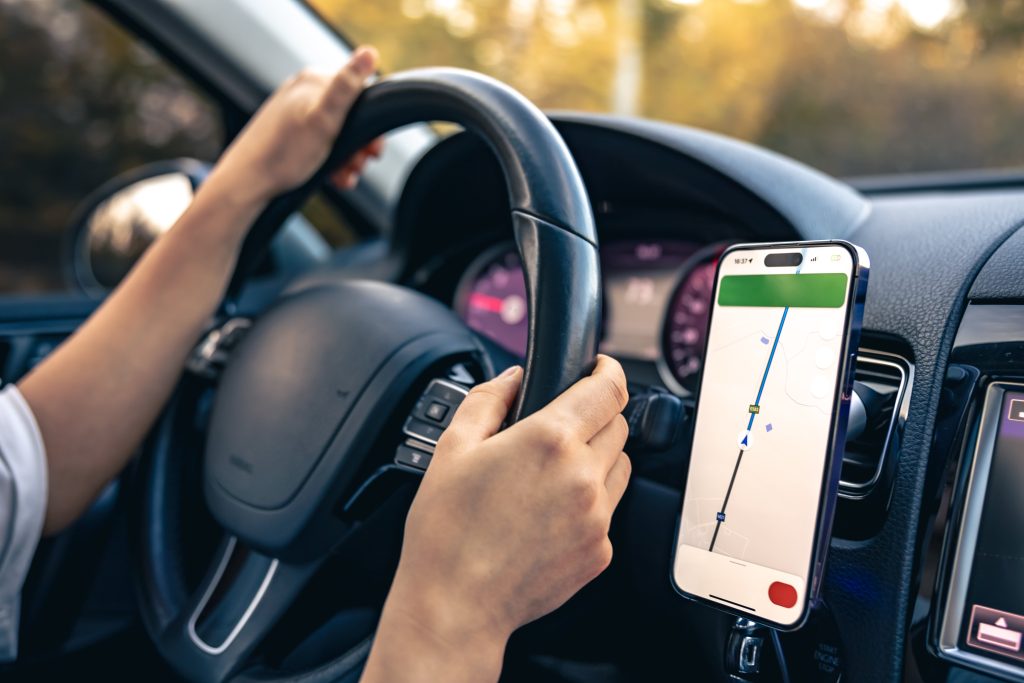Carmakers are still putting diver data up for auction, and it’s a practice that needs to be curbed, according to U.S. leaders.
On July 26, senators Ron Wyden (Oregon) and Edward J. Markey (Massachusetts) issued a letter to FTC chair Lina S. Khan, asking the regulatory leader to investigate the continued practice of car manufacturers collecting and then selling the driving data of its customers — which includes information like the exact time, distance, speed, and braking behavior of every auto trip. This data is then offered to insurance companies.
“Companies should not be selling Americans’ data without their consent, period. But it is particularly insulting for automakers that are selling cars for tens of thousands of dollars to then squeeze out a few additional pennies of profit with consumers’ private data,” the senators write.
The letter names General Motors, Honda, and Hyundai, specifically, and their collaborations with data broker Verisk Analytics. It accuses Verisk of acting as a credit agency for drivers, and that companies were making deceptive claims to customers that data collection would lower their insurance costs. It also cites the use of “dark patterns” in opt-in programs.
In March, the New York Times investigated an obscured practice of carmakers handing over the driving data of their cars’ owners to data brokers like Verisk and LexisNexis, which would then be harvested to create individual risk scores for insurance providers — sending many drivers’ insurance quotes sky high. Unlike opt-in insurance monitoring, the manufacturers collected data of internet-connected cars without notice. Carmakers offered little transparency of the practice, despite some, like Ford Motors, submitting patents for the technological practice of “collecting information directly from internet-connected vehicles” via advanced driver assistance systems (ADAS).
At the time, General Motors said it ended its partnership with LexisNexis, and Verisk said it ended a program that “scored drivers on their safe driving habits using data from internet-connected cars,” but recent investigations suggest the practice continues.
“Senator Wyden’s office conducted follow-up oversight into three auto manufacturers — GM, Honda, and Hyundai — that shared data with the data broker Verisk Analytics,” the letter reads. “Each of these three automakers confirmed their disclosure of drivers’ data to Verisk, such as acceleration and braking data. GM also confirmed that it disclosed customer location data to two other companies, which it refused to name.
“The FTC should hold accountable the automakers, which shared their customers’ data with data brokers without obtaining informed consent, as well as the data brokers, which resold data that had not been obtained in a lawful manner.”







